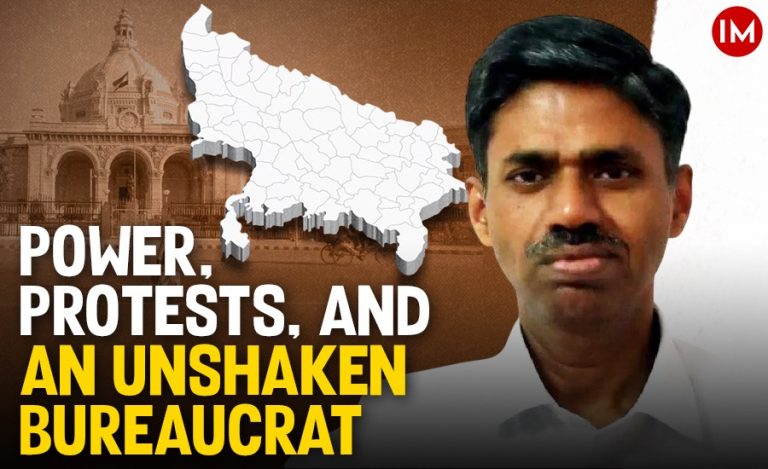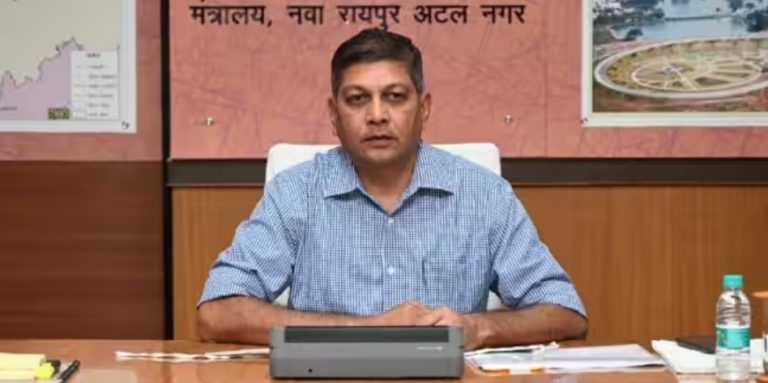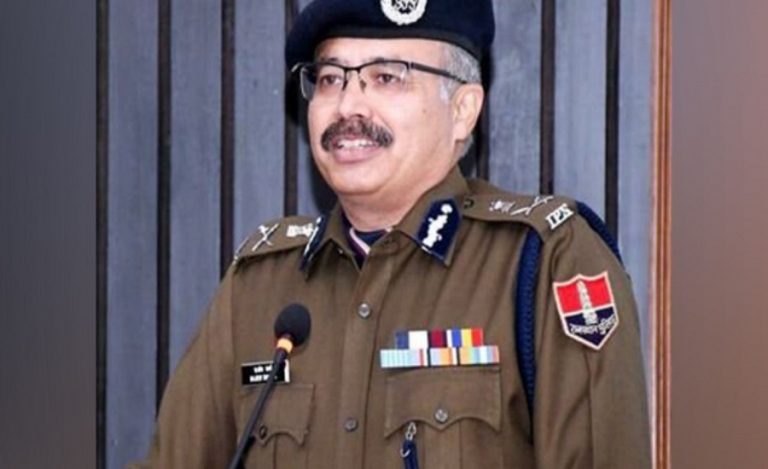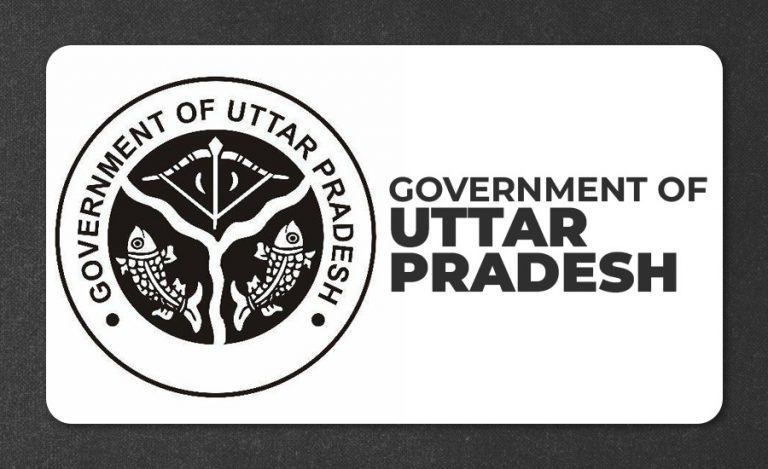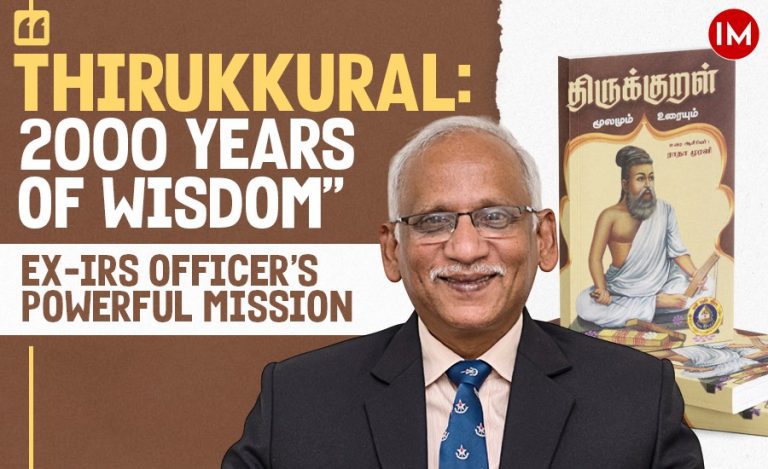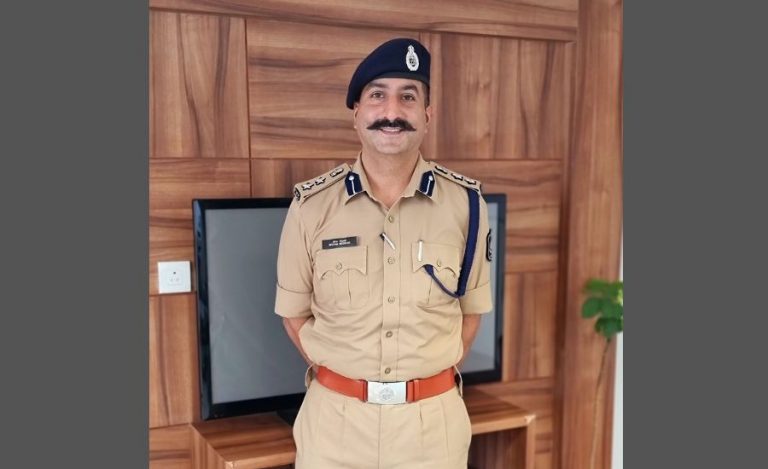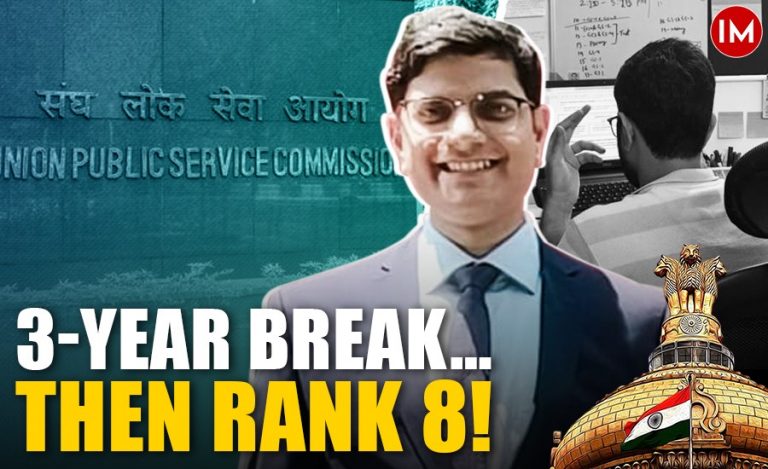Ghaziabad’s Ashi Sharma, 27, has secured All India Rank 12 in the UPSC Civil Services Examination 2024, making her mark in her third attempt. With a background in architecture and an analytical mindset shaped by science and design, Ashi’s transition to civil services was driven by her growing interest in public engagement and policy. Her story is a clear example of how thoughtful decisions, structured preparation, and the ability to learn from each attempt can lead to outstanding success.
REDRAWING CAREER PLANS: THE SHIFT FROM ARCHITECTURE TO UPSC
Growing up in the Delhi NCR, Ashi attended Apeejay School, Noida, where she studied Physics, Chemistry, Mathematics, and Economics. This diverse academic foundation led her to pursue a Bachelor’s degree in Architecture from the School of Planning and Architecture, Bhopal, graduating in 2021. It was during the Covid-19 pandemic that Ashi re-evaluated her career aspirations. The desire to engage with a wider range of challenges and contribute directly to society steered her towards the UPSC examination. “Civil Services offers an opportunity to serve society in diverse roles,” she explains.
Her initial foray into the examination in 2022 proved to be a learning experience. Despite her preparations, she couldn’t clear the preliminary stage, falling short of the cutoff by four marks. Undeterred, Ashi approached her second attempt in 2023 with a more strategic mindset. This time, she successfully cleared the preliminary, main, and interview stages. However, the final hurdle remained, as she missed the final selection by 20 marks. These setbacks, rather than discouraging her, fuelled her determination for her next attempt.
Ashi’s academic background in architecture, a field not typically seen among UPSC top rankers, offered her a unique perspective. “A varied academic background is helpful while serving in Civil Services. I have not come across many candidates with a background like mine. I hope to use my knowledge of architecture in performing my duties as an officer,” she says. Her parents, initially perhaps uncertain about this career shift, gained confidence as they witnessed her focused approach and understanding of the examination process. “I had never talked about attempting the UPSC exam while growing up. But once I found my footing and figured out how to go about it, my parents gained confidence,” Ashi recounts.
STRATEGY, SETBACKS AND STEADY PROGRESS
For her optional subject, Ashi chose Public Administration. Recognising that Architecture was not an option, she selected a subject that offered synergy with the General Studies papers. “The subject overlaps with the General Studies papers, which reduces the efforts. It is a logical subject and relevant for officers in public services,” she explains. While Public Administration is often considered a high-scoring subject, Ashi notes a recent trend of fewer top scorers opting for it.
Ashi’s daily study routine involved approximately eight hours of dedicated effort, balancing the vast syllabus of general studies, her chosen optional subject, and staying abreast of current affairs. “Time management is important, which you learn over time. Newspaper reading took up a large part of my day,” she says. Her schedule included attending general studies classes for three hours and optional subject classes for two hours, followed by two to three hours dedicated to reading two newspapers. Integrating online courses into her routine eventually allowed her to gain better control over her schedule and find personal time.
One significant hurdle Ashi faced was the limited feedback in the UPSC Mains examination. “In UPSC Mains, you only receive your total marks, leaving you unaware of what went wrong in specific answers. This makes it hard to tweak your preparation strategy,” she points out. Despite this challenge, she found valuable guidance through coaching at Study IQ.
WHAT WORKED: STUDY APPROACH AND OPTIONAL SUBJECT CHOICE
Ashi emphasised the importance of foundational knowledge from NCERT books for beginners. Her preparation strategy involved meticulous note-taking from newspapers and a focused approach to study material. “I used to take notes on all the current events reported in the papers. In addition to my class notes and NCERT books, I enhanced my understanding by referring to government and third-party reports, such as those from NITI Aayog, whenever they were mentioned in the news. I focused on a few core resources and revised them multiple times instead of constantly searching for new materials,” she advises future aspirants.
When the UPSC Civil Services Examination 2024 results were announced, the appearance of her name with an All India Rank of 12 brought an initial feeling of disbelief, quickly followed by immense relief and joy. The years of dedicated effort had culminated in remarkable success. Ashi’s journey from designing structures to potentially shaping policy showcases the power of a clear goal, diligent preparation, and the ability to learn and adapt from setbacks.




